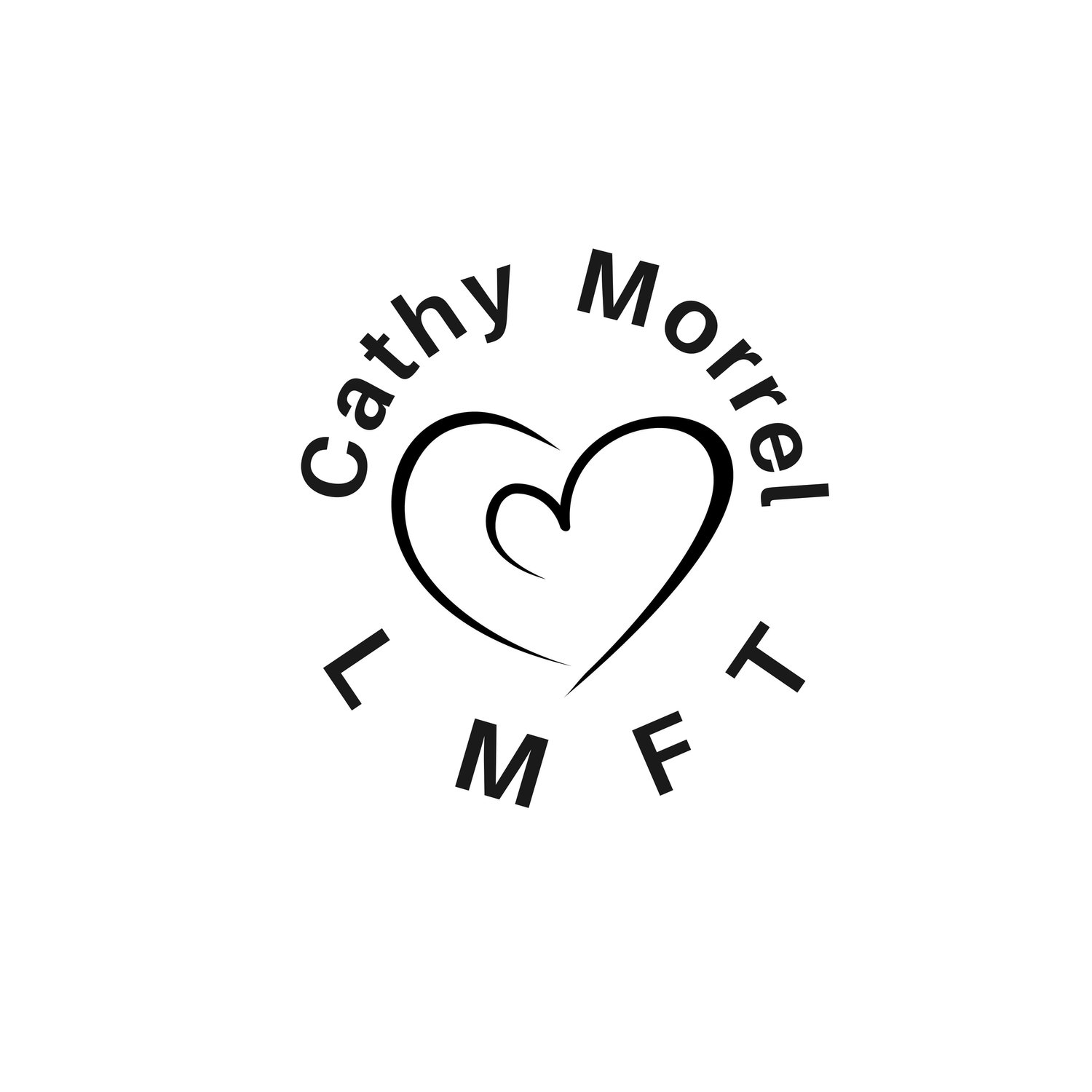
Religious Trauma Therapy
When your spiritual support system fails you
People who have experienced religious trauma may have a variety of needs. Some common needs include:
Support: People with religious trauma may need support from friends, family, or a therapist. This support can help them to feel less alone and more understood.
Information: People with religious trauma may need information about religious trauma and how to cope with it. There are many resources available online and in libraries.
Community: People with religious trauma may need to connect with others who have had similar experiences. This can be done through support groups or online forums.
Healing: People with religious trauma may need time to heal from their experiences. This may involve therapy, journaling, or other forms of self-care.
It is important to remember that everyone's experience with religious trauma is different. There is no one-size-fits-all solution. The best way to find what works for you is to talk to a therapist or counselor who specializes in religious trauma.
Religious trauma refers to the psychological and emotional distress that arises from experiences within a religious context. It occurs when individuals have been harmed, abused, or subjected to oppressive beliefs, practices, or experiences within a religious or spiritual framework. Religious trauma can occur in various ways, such as through religious indoctrination, strict dogma, moral judgment, shaming, or the experience of spiritual abuse.
Some common sources of religious trauma include indoctrination, strict dogmas, religious abuse (such as physical, emotional, or sexual abuse), shaming, guilt, fear-based teachings, ostracism, or the suppression of critical thinking and personal autonomy.
Therapy can play a crucial role in helping individuals who have experienced religious trauma. Here are some ways in which therapy can be beneficial:
Validation and support: Therapists can provide a safe and non-judgmental space for individuals to share their experiences and emotions related to religious trauma. They can validate their feelings, beliefs, and doubts, which can be particularly important for individuals who have been shamed or silenced in religious contexts.
Processing and reframing beliefs: Therapy can help individuals examine and process their religious beliefs and experiences in a more objective and critical manner. Therapists can assist clients in exploring alternative perspectives, values, and belief systems that align with their personal growth and well-being.
Coping with guilt and shame: Religious trauma often involves feelings of guilt, shame, or self-blame. Therapists can help individuals address and challenge these emotions, develop self-compassion, and separate their sense of self-worth from religious teachings or judgments.
Coping with other emotions: Religious trauma can lead to intense emotional responses like anxiety, depression, anger, or confusion. Therapists can help clients navigate and process these emotions, teaching healthy coping mechanisms and resilience-building strategies.
Rebuilding trust and boundaries: Religious trauma can damage an individual's trust in religious institutions, leaders, or even their own spirituality.
Establishing Boundaries: Many individuals who have experienced religious trauma struggle with setting healthy boundaries, particularly if they come from a background that emphasizes obedience or conformity. Therapists can help clients develop assertiveness skills, define boundaries, and regain control over their own lives. Therapy can assist in rebuilding trust and establishing healthy boundaries in spiritual or religious contexts, allowing individuals to navigate their beliefs and practices in a way that feels authentic and safe.
Resolving trauma symptoms: Religious trauma may lead to symptoms of post-traumatic stress disorder (PTSD) or other mental health issues. Therapists can utilize evidence-based approaches, such as trauma-focused therapy or cognitive-behavioral therapy (CBT), to address and alleviate these symptoms.
Cultivating personal meaning and purpose: Therapy can help individuals explore their personal values, meaning, and purpose outside of religious frameworks. It can support the development of a personal identity that incorporates individual beliefs, spirituality, or secular perspectives.
Rebuilding self-esteem and identity: Religious trauma can deeply impact one's sense of self and identity. Therapy can support individuals in rebuilding their self-esteem, self-worth, and personal identity outside of the harmful religious context.
Building a new support network: Leaving a religious community can lead to a loss of social support. Therapists can assist clients in finding new sources of community and support that align with their values and promote healing.
Understand your religious trauma. Therapy can help you to understand the causes of your religious trauma and how it is affecting your life. This can help you to feel less alone and more in control of your situation.
Develop coping skills. Therapy can help you to develop coping skills to deal with the symptoms of religious trauma. This may include learning how to manage stress, improve your self-esteem, and challenge negative thoughts.
Improve your relationships. Therapy can help you to improve your relationships with family and friends. This may involve learning how to communicate better, express your needs, and set boundaries.
Increase your motivation. Therapy can help you to increase your motivation to make positive changes in your life. This may involve setting goals, making plans, and taking action.
Here are some additional resources that may be helpful:
The Religious Trauma Institute: The Religious Trauma Institute is a non-profit organization that provides resources and support to people who have experienced religious trauma.
The Freedom From Religion Foundation: The Freedom From Religion Foundation is a non-profit organization that advocates for separation of church and state. They also provide resources and support to people who have experienced religious trauma.
The Secular Therapy Project: The Secular Therapy Project is a non-profit organization that connects people with therapists who are secular or non-religious.
The Global Center for Religious Research: The Global Center for Religious Research (GCRR) is a non-religiously affiliated academic society and publishing house that brings together the world’s leading scholars in the arts, humanities, and social sciences for the academic study of religion.
If you are struggling with religious trauma, please know that you are not alone. There are many resources available to help you. Please reach out for help if you need it. Contact me for a free consultation here.



